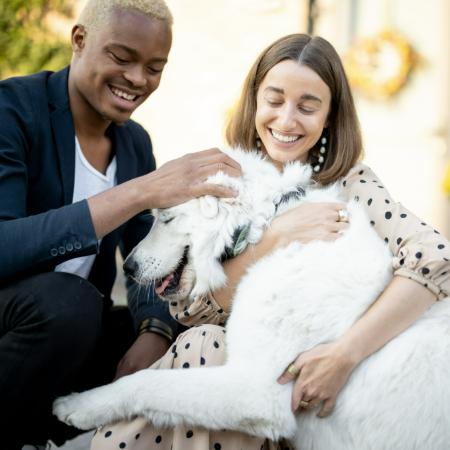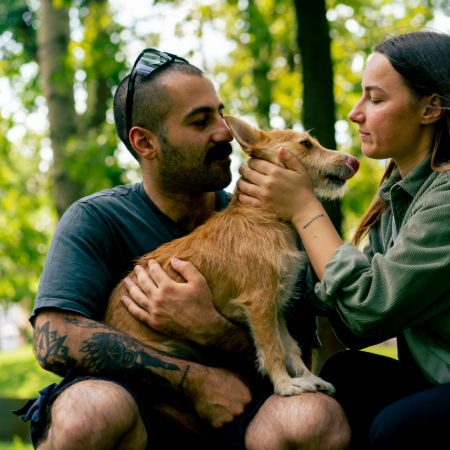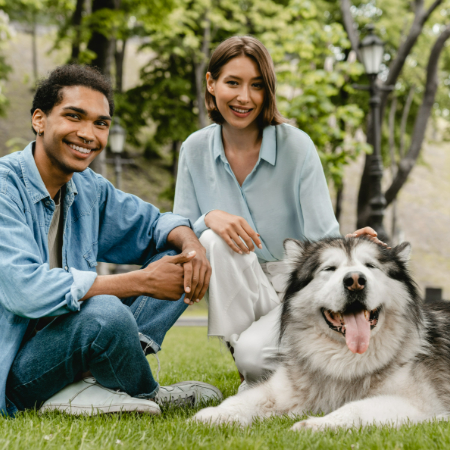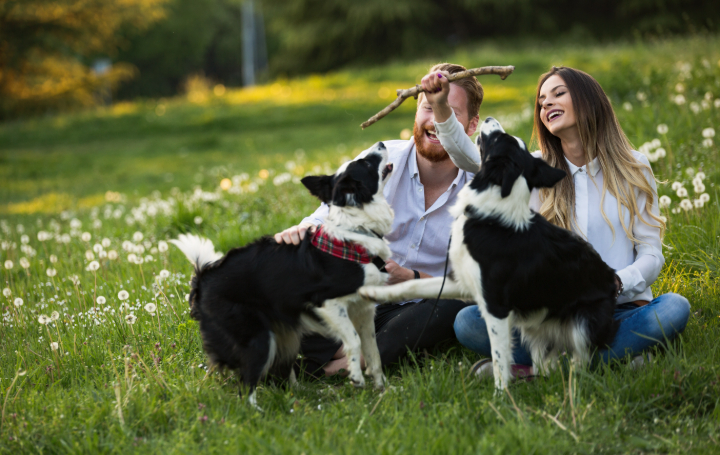Understanding Dog Ownership and Liability: Legal Considerations
Owning a dog is one of life’s greatest joys. Whether you’re walking through the park with your loyal companion or snuggling up at home, there’s no denying the bond between humans and their dogs. However, like any responsibility, dog ownership comes with its own set of legal considerations, especially when it comes to liability. Understanding these legal aspects is not only important for keeping your furry friend safe but also for ensuring that you’re not caught off guard in any unfortunate situations.
Let’s dive into the world of dog ownership and liability, breaking down the legal stuff in a fun and easy-to-understand way.
1. The Legal Responsibilities of a Dog Owner
When you decide to adopt a dog, you are entering into a relationship with a pet that requires care, attention, and, yes, legal responsibility. The first thing to remember is that dogs are not just adorable companions—they are legally considered property in many places. But that doesn’t mean they don’t come with significant obligations for their owners.

As a dog owner, you are required by law to ensure that your dog is well-behaved, healthy, and doesn’t cause harm to others. In simple terms, if your dog bites someone, damages property, or causes harm in any other way, you could be held financially responsible.
Most laws surrounding dog ownership focus on four main areas:
- Keeping the dog under control: Dogs need to be kept on a leash in public places (unless there’s a designated dog area), and you’re responsible for making sure they don’t wander off or cause harm to others.
- Proper care and attention: You must provide your dog with adequate food, shelter, and medical care. Neglecting these duties can lead to legal consequences.
- Vaccination and licensing: Many places require that dogs be vaccinated against diseases like rabies and that they’re registered with local authorities. Failing to do so could lead to fines or worse.
- Leash laws and containment: If your dog escapes from your property and causes damage or injury, you might be liable. That’s why secure fencing and proper containment are essential.
2. What Happens if Your Dog Bites Someone?
Let’s face it—dogs can get into situations where they feel threatened, scared, or just plain protective. While most dogs are friendly, the reality is that dog bites can happen. And when they do, the consequences can be serious, both for the person bitten and the dog owner.
Dog bite laws vary from state to state and country to country, but the general rule of thumb is that if your dog bites someone, you may be held liable for the injuries. Here’s how liability works in a few different situations:

- Strict Liability: In some places, the law imposes “strict liability” on dog owners. This means that if your dog bites someone, regardless of whether or not it has a history of aggression, you are responsible for the injury. There’s no need to prove that you were negligent, just that the bite occurred.
- One-Bite Rule: Other areas have a “one-bite” rule. In these places, if your dog has never bitten anyone before, you might not be held liable for the first bite. However, after that first incident, you could be held responsible if your dog bites again, as it’s assumed you should have known about the potential risk.
- Negligence: Even if there is no “bite,” you could still be held liable if your dog causes harm through other actions. For instance, if your dog is jumping on someone and knocks them over, leading to an injury, you could be considered negligent if you failed to take steps to prevent the situation.
In any case, if your dog bites someone, it’s crucial to act quickly. Seek medical help for the victim, and contact your insurance provider (many homeowners or renter’s insurance policies cover dog bites). In some cases, it’s also wise to consult with a lawyer to understand your options.
3. What About Property Damage?
Dogs don’t always cause harm to people. Sometimes, they’re just a little too excited or mischievous and end up destroying property. Whether your dog digs up a neighbor’s garden, chews on furniture, or breaks a window, as the owner, you could be held liable for the damage.
The key here is whether the damage occurred due to your negligence. If your dog is consistently causing trouble and you haven’t taken reasonable steps to prevent it (like installing a sturdy fence or supervising your dog more closely), you might be held accountable for repairs or replacement.
4. Understanding Dog Bite Insurance
If you’re worried about liability, there’s good news: many homeowner’s insurance policies include liability coverage for dog bites. However, not all insurance companies offer this, and even if they do, they may exclude certain breeds or situations.
In some cases, dog owners will need to purchase separate liability insurance to ensure they are fully covered. This type of insurance can help cover medical costs, legal fees, and damages resulting from a dog bite or injury caused by your dog.
It’s worth noting that if you have a breed considered “dangerous” (like Pit Bulls, Rottweilers, or Doberman Pinschers), your insurance policy may be more expensive, or you may find it harder to secure coverage. This is where you can take extra steps to mitigate risks, such as obedience training or taking extra precautions when around unfamiliar people or animals.
5. Preventing Liability: Tips for Dog Owners
While it’s impossible to predict every situation your dog might get into, there are some steps you can take to minimize the risk of liability:

- Training: Basic obedience training is key to ensuring that your dog behaves well in public and around other people. It can also reduce the chances of your dog biting or acting aggressively.
- Socialization: Proper socialization helps your dog feel comfortable around other animals and people, which can prevent fear-based behaviors that could lead to bites.
- Leash and Containment: Always keep your dog on a leash when in public areas (unless they are in a designated off-leash zone). At home, make sure your yard is secure to prevent escapes.
- Supervision: If your dog has a history of aggression or anxiety, avoid situations where they might feel triggered. Supervision is especially important around children, other pets, and unfamiliar people.
- Health Checks: Keep up with regular vet visits to ensure your dog is healthy and free from conditions that could affect its behavior (e.g., pain or illness).
6. Dogs and the Law: A Fun Way to Stay Safe
Owning a dog can be a wonderful, fulfilling experience, but it’s important to stay on top of the legal responsibilities. Taking care of your dog’s health, training, and behavior not only keeps them happy but also protects you legally. By staying informed and practicing good pet ownership, you can avoid legal issues while enjoying all the joy a dog brings to your life.
So, the next time you’re out on a walk with your pup, remember that it’s not just about the fun and cuddles. It’s also about staying responsible and ensuring that your furry friend is a well-behaved member of society. Because, after all, happy dog, happy life!










